Erin Hoover
Pinch contributor Erin Hoover (35.2) has a book releasing today, October 01, 2018. We were able to catch up with her and get some insights on the life of a very busy poet.
How has life been since you were published in The Pinch?
In 2016 Edward Hirsch selected my poem “Girls,” originally published by Crab Orchard Review, for The Best American Poetry. It was life changing for me because I didn’t have many poetry publications at that point—The Pinch had been one of my first “bigger” publications. About three years ago I began to assemble all of my poems into the manuscript that became Barnburner. I went through at least six full revisions (in many cases revising every poem) before I received a phone call from Dana Curtis at Elixir Press, and then I revised it again.
The title of your book is Barnburner, what are some of the things that inspired or influenced you in writing these poems?
I like to write poems by drawing connections between events or concepts that seem unrelated. For instance, in the poem published by The Pinch, “Reading Sappho’s Fragments,” I write about speech and the absence of speech, words as they are used rhetorically and words as they can be used intimately, either between two people in a relationship, or between writer and reader. In addition to Sappho, Joan of Arc, quilting, Eric Garner, and a meat freezer appear in the poem. Similarly, I wanted to make a book that would cohere despite having a variety of subjects. In many ways, Barnburner is concerned with what it means to be human when so much about how American culture is built denies our humanity. For instance, I come from the Appalachian part of Pennsylvania, and I’ve done some thinking about how class and environmental concerns have historically intersected there.Barnburner also includes feminist poems, poems about addiction and drug economies, poems about digital and physical communities, and poems that try to address whiteness.
There is no literal “barnburner” in the book, but the epigraph points to tonal similarity between the poems: “According to an old story, there was once a Dutchman who was so bothered by the rats in his barn that he burned down the barn to get rid of them. Thus a ‘barn burner’ became one who destroyed all in order to get rid of a nuisance.”
Could you give us a quick glimpse of your writing process?
I’m a slow writer and a perfectionist. I almost never give up on my ideas, and I’ll keep working on a poem for as long it takes, which in one poem’s case was more than a decade. Because I mostly write narrative poems, I have to captivate the reader with story and offer lyric surprise, and it’s unusual to get that right quickly.
Do you have any hobbies that help refill your creative well?
I have a toddler and I work full time, so I don’t have any hobbies. But my current profession, teaching, gives me the opportunity to think and talk about ideas with students. And I consider myself a full participant in my own life—I want the daily interactions I have with other people and with my environment to provoke questions.
What are you reading now?
I’m rereading Lynn Melnick’s Landscape with Sex and Violence. Melnick and I have both written about sexual assault, and we both draw connections between psychic and physical terrain. I’m also studying the way her poems construct a multifaceted and rhetorically interesting first-person speaker.
